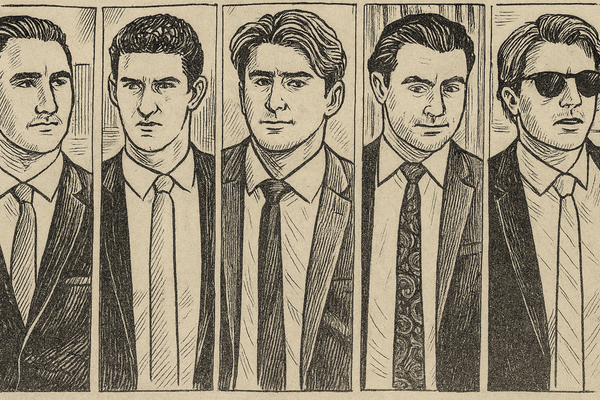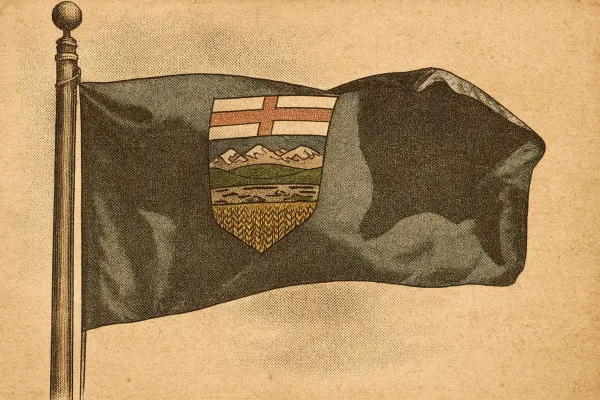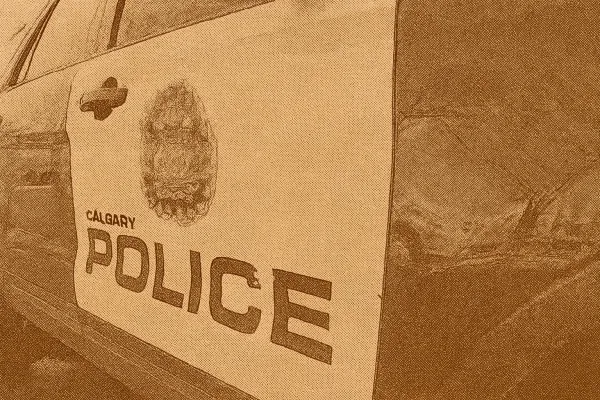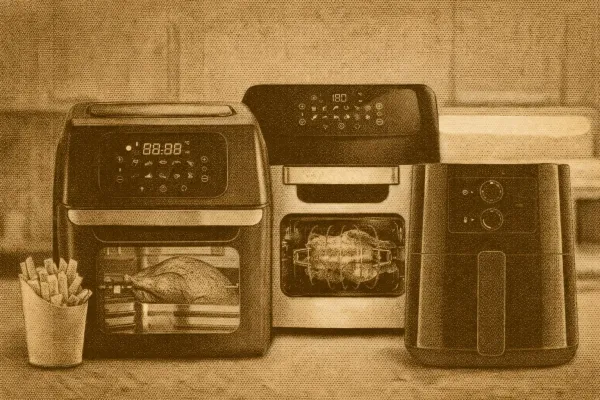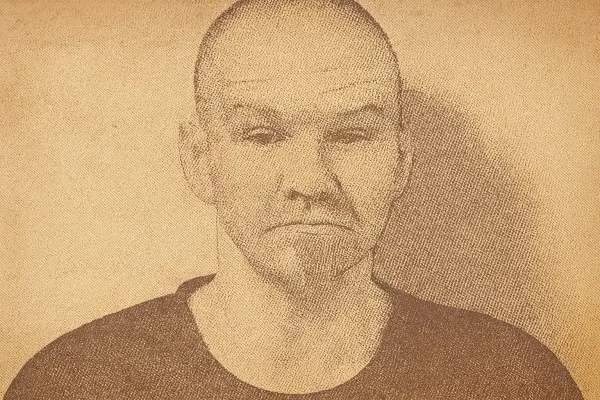Based on coverage from TSN, Global, and CBC.
In the world of Canadian hockey, the 2018 World Junior Championship team was once a beacon of national pride, celebrated for their prowess on the ice. But in recent years, the spotlight has shifted from their athletic achievements to a courtroom in London, Ontario, where five former team members faced serious allegations of sexual assault. This high-profile trial, which concluded with a not-guilty verdict, has sparked a nationwide conversation about consent, the justice system, and the culture within hockey.
The case centered around an incident in June 2018, following a Hockey Canada gala. A woman, referred to as E.M. due to a publication ban, accused the players of engaging in non-consensual group sex at a hotel. The players, Michael McLeod, Alex Formenton, Carter Hart, Dillon Dubé, and Callan Foote, were charged in January 2024, but all maintained their innocence throughout the proceedings.
Justice Maria Carroccia, in delivering her verdict, highlighted the significant burden of proof required in criminal cases. She found that the evidence presented did not establish guilt beyond a reasonable doubt, citing inconsistencies in E.M.’s testimony and questioning her credibility. The decision was met with relief from the defendants and their families, but also with disappointment and outrage from those who supported E.M.
The trial was not just a legal battle but a cultural flashpoint. It brought to the fore the complexities of consent and the challenges survivors face in the legal system. The courtroom drama was punctuated by protests outside, with demonstrators holding signs that read "We believe E.M." and calling for accountability.
The case also cast a shadow over Hockey Canada, which has been under scrutiny since it was revealed that the organization had used a fund, sourced from minor hockey registrations, to settle sexual assault claims. This revelation led to a shake-up in Hockey Canada’s leadership and prompted a broader examination of how sports organizations handle allegations of misconduct.
For the players involved, the verdict is a significant step, but their future in professional hockey remains uncertain. The NHL has declared them ineligible to play while it reviews the court’s findings, a move that has sparked a dispute with the National Hockey League Players’ Association. The association argues that the league’s decision contradicts the collective bargaining agreement, highlighting the tension between legal outcomes and professional consequences.
This case underscores a broader societal issue: the gap between legal definitions of consent and public perceptions of morality and justice. It challenges us to consider how we support survivors of sexual violence and ensure fair trials for the accused. As the Crown considers an appeal, the conversation around these issues is far from over.
Looking ahead, this trial may well influence future discussions on consent laws and the responsibilities of sports organizations in Canada. It serves as a reminder of the ongoing need for dialogue and reform in both the legal and sports arenas. As Canadians, we must grapple with these complex issues, striving for a society that supports survivors while upholding the principles of justice.
Source 1 | Source 2 | Source 3


